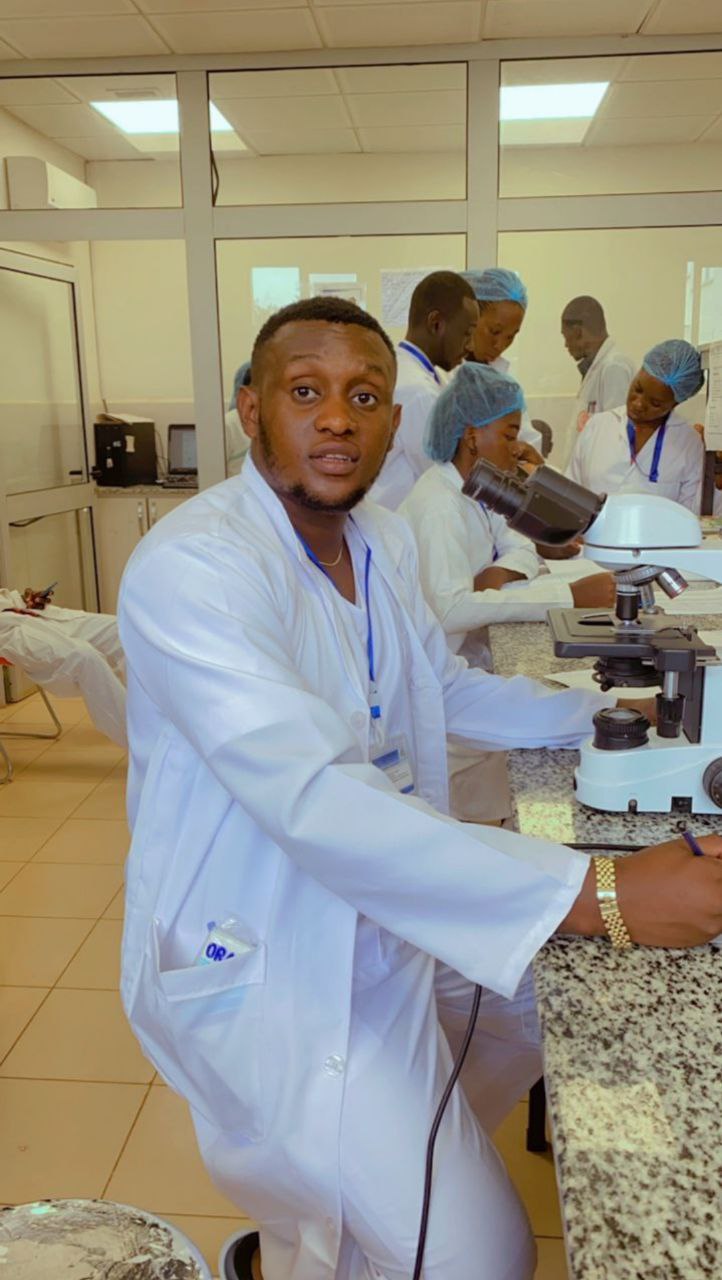
NO POVERTY

ZERO HUNGER

LIFE ON LAND
Good Health and Well-being
At Green Light Vision Association (GLIVA), promoting Good Health and Well-being is at the core of our mission. We are dedicated to improving access to healthcare in underserved communities, with a focus on disease prevention and health education. Our initiatives aim to reduce the burden of infectious diseases, particularly among children, by implementing sustainable health practices. Through partnerships and community engagement, we work to create a healthier environment where individuals, especially the most vulnerable, can thrive. Our commitment aligns with the United Nations Sustainable Development Goal 3, ensuring healthy lives and promoting well-being for all.
Meet the team

Leku fabrice
Ceo and founder

ANKIAMBOM KELLY
project manager

Sven Olsen
Media

Mr LEKU
Office Assistant
About Green Light Vision Association(GLIVA)
Green Light Vision Association (GLIVA) is a non-profit organization based in Bamenda, Cameroon, committed to transforming lives and fostering sustainable development in underserved communities. Our mission is deeply aligned with the United Nations Sustainable Development Goals (SDGs), as we work to empower vulnerable populations through health initiatives, poverty alleviation, education, and gender equality.
Our Mission
At GLIVA, we are driven by the vision of creating inclusive, healthy, and self-reliant communities. Our primary goals include:
-
Promoting Good Health and Well-being (SDG 3): We focus on disease prevention, healthcare access, and health education, particularly targeting infectious diseases that disproportionately affect children and other vulnerable groups. By strengthening local healthcare systems and promoting community health awareness, we aim to improve the well-being of those in underserved areas.
-
Fighting Poverty and Hunger (SDG 1 and SDG 2): We are committed to reducing poverty by addressing food insecurity and promoting sustainable livelihoods. Through economic empowerment programs, we help communities achieve food security, thereby alleviating hunger and improving their quality of life.
-
Gender Equality and Empowerment (SDG 5): We actively empower women and youth through capacity-building initiatives. By providing skills training, mentorship, and leadership development opportunities, we equip them with the tools to become self-reliant, influential leaders in their communities.
-
Promoting Quality Education (SDG 4): We believe that education is a cornerstone of development. GLIVA works to provide access to quality education and vocational training, particularly for marginalized children and youth, to foster long-term growth and development.
-
Building Strong Partnerships (SDG 17): Our work is deeply rooted in collaboration. We partner with local, national, and international organizations to drive sustainable impact. By joining hands with like-minded entities, we contribute to the broader global effort to achieve the SDGs.
What We Are All About
GLIVA exists to change the narratives of disadvantaged communities in Cameroon through sustainable development initiatives. Our work spans health promotion, education, economic empowerment, and community resilience. We strive to build a future where every child, woman, and youth has the opportunity to thrive, free from the burden of poverty and preventable diseases.
Our mission is to foster an environment where good health, gender equality, education, and economic stability are accessible to all, ensuring long-term community resilience and empowerment. Through strategic partnerships and a people-centered approach, we are committed to achieving tangible, life-changing results that align with the global goals for sustainable development.
Our Vision
At Green Light Vision Association (GLIVA), our vision is to create empowered, healthy, and sustainable communities where everyone, regardless of their background or circumstances, has equal opportunities to thrive. We envision a world where healthcare, education, gender equality, and economic opportunities are accessible to all, particularly in underserved regions.